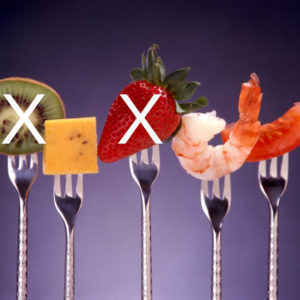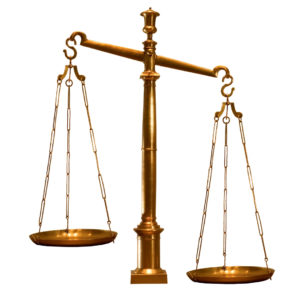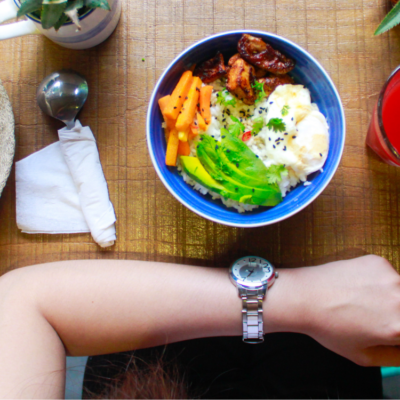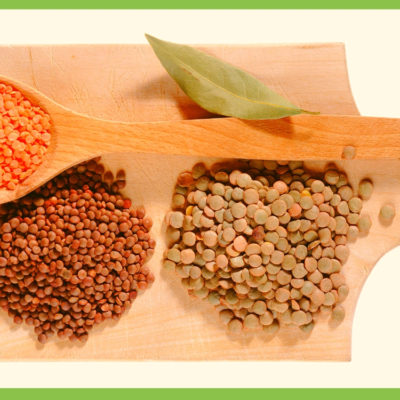There’s lot of different diets around – which is the best? Do they work? But before we dig into the nitty-gritty of diets, just what is a diet?
What is a diet?
Everything we eat and drink makes up our ‘diet’, whether we are following a structured eating plan for any purpose or not. So what you eat now is your ‘diet’.
It’s common for us to call special eating plans ‘diets’. They may be designed for weight loss, for managing a chronic condition such as cardiovascular disease, may reflect a culture’s eating habits like the Mediterranean diet or someone’s personal preferences to choose a vegetarian diet. We’ll be focusing on weight loss diets in this article.
Fad diets
Some diets, which might be promoted by celebrities or would-be celebs, are called fad diets as they become very fashionable for a short time. Often the celeb or would-be celeb profits from the sale of books, products or exposure. Specially branded meal replacement products, cookbooks or other items become must haves and your regular foods are definitely on the ‘no’ list.
How to pick a fad diet: it has a name, it may restrict whole food groups without replacing the nutrients in those food groups, sometimes special foods or products have to be purchased, it is fashionable for a few months or a few years, it works at first but is really hard to stick to.
A fad diet is easy to identify- the foods you can choose from are very restricted and often whole food groups aren’t allowed. It’s often not a diet you can follow for any length of time due to these restrictions.

On the other hand some health professionals, including me, promote eating according to the Australian Dietary Guidelines and other evidence based eating patterns. Sometimes recommendations based on these healthful eating patterns may seem a bit vague, especially if you haven’t got time to review every food item in your pantry.
This is where it might be easier to follow a structured eating plan, especially at first when you are learning new eating habits or if you are time-poor and need help to plan your weekly meals and shopping list.

Weight loss fad diets often do work for a short time. Weight loss just needs an energy deficit – more kilojoules being burned up than are being eaten and drunk. And that’s pretty easy when food choices are restricted. Even when some food groups are encouraged we often get tired of eating the same choices so naturally cut back our eating.
The trouble is, diets that don’t fit our personal habits, our culture or our lifestyle aren’t easy to stick to. If our ‘normal’ diet is the reason we are overweight to start with then when we go off the weight loss diet we will put on weight again. And when we lose weight we lose both fat and muscle but when we put weight on we only put fat on.
Yo-yo dieting

So going on a weight loss diet then off it, then back on it, and off it again, results in an overall net loss of muscle – unless you do resistance exercise. So overall, your percentage body fat is higher than when you started! This is called yo-yo dieting.
For info on exercise check out this blog article.
A diet you can stick to
The best weight loss eating plan is one you can stick to long term. Something that fits your lifestyle and provides you with all the nutrition your body needs.
Slow and gentle weight loss helps you achieve your long term goals, nourishes your body and allows you to live in your body as it re-shapes. While sudden massive weight loss can cause malnutrition and even possibly lots of loose skin – sometimes this may require surgical removal.
How fast should I lose weight?
A weekly weight loss goal of a maximum of 0.5kg is good. Sometimes, weight might come off faster in the first few weeks of a new plan – that’s often a psychological tool used to keep you motivated.
If you don’t make the 0.5kg weight loss each week, that’s ok. 0.5kg is equal to 500g or two tubs of margarine! It arrived around your hips much more slowly than one week so losing it in more than one week is quite ok!
What if I’m not successful?
Sometimes when you try one way of eating you find it just doesn’t fit your lifestyle. If that’s the case, talk to your dietitian about what works and what doesn’t. Don’t give up! A few adjustments, more support, more or less structure, smaller goals or more defined strategies may be all you need.
To sum up
- Fad diets abound – be picky about what advice you accept
- Choose a sustainable plan – an eating plan you can stick to will result in a better outcome in the long term
- Exercise – to maintain your muscle
- Lose weight slowly – a maximum of 0.5kg per week is recommended
- Get professional advice – contact me for advice and support
Good luck and get cracking!
contact dale if you would like help to work toward achieving your health goals.
register here to receive Dale’s blog update in your inbox regularly.






Comments (0)